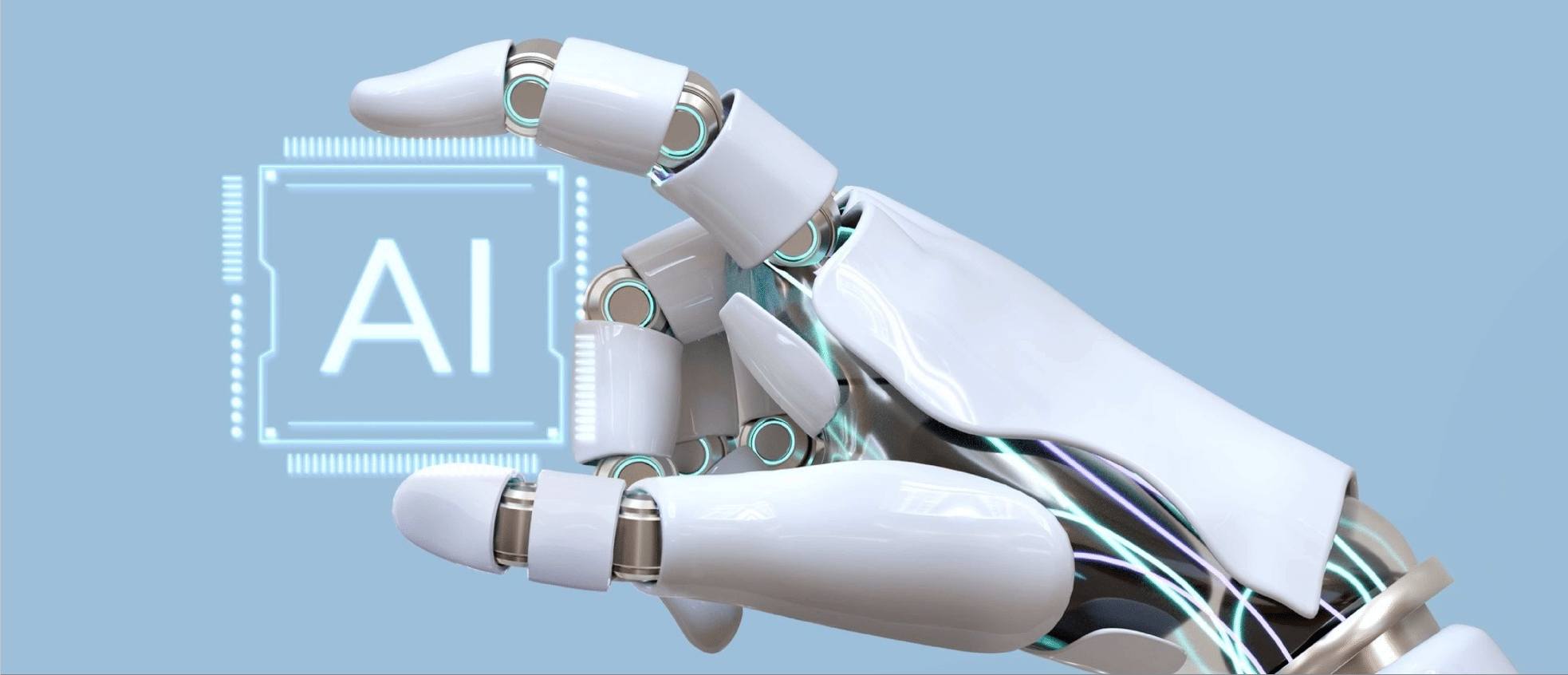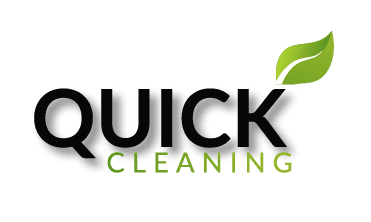How is artificial intelligence revolutionizing cleaning services?
Written by amapola
What is artificial intelligence and how does it contribute to the cleaning market?
Artificial intelligence (AI) refers to systems that mimic human intelligence to perform tasks, the best thing about this is that these intelligences improve over time, because they “memorize” actions and compile them in their memory. How is artificial intelligence revolutionizing cleaning services? By making it possible for artificial intelligence to constantly feed on its own memories.
Artificial intelligence manifests itself in different ways or processes, this is a clear example:
Chatbots: Has it ever happened to you that you send a message by mail to a company and they answer you immediately? This is the chatbot, whose goal is to capture the needs and problems of customers, analyzing and memorizing the words of conversations they have with users in order to provide more efficient answers or solutions in the future.
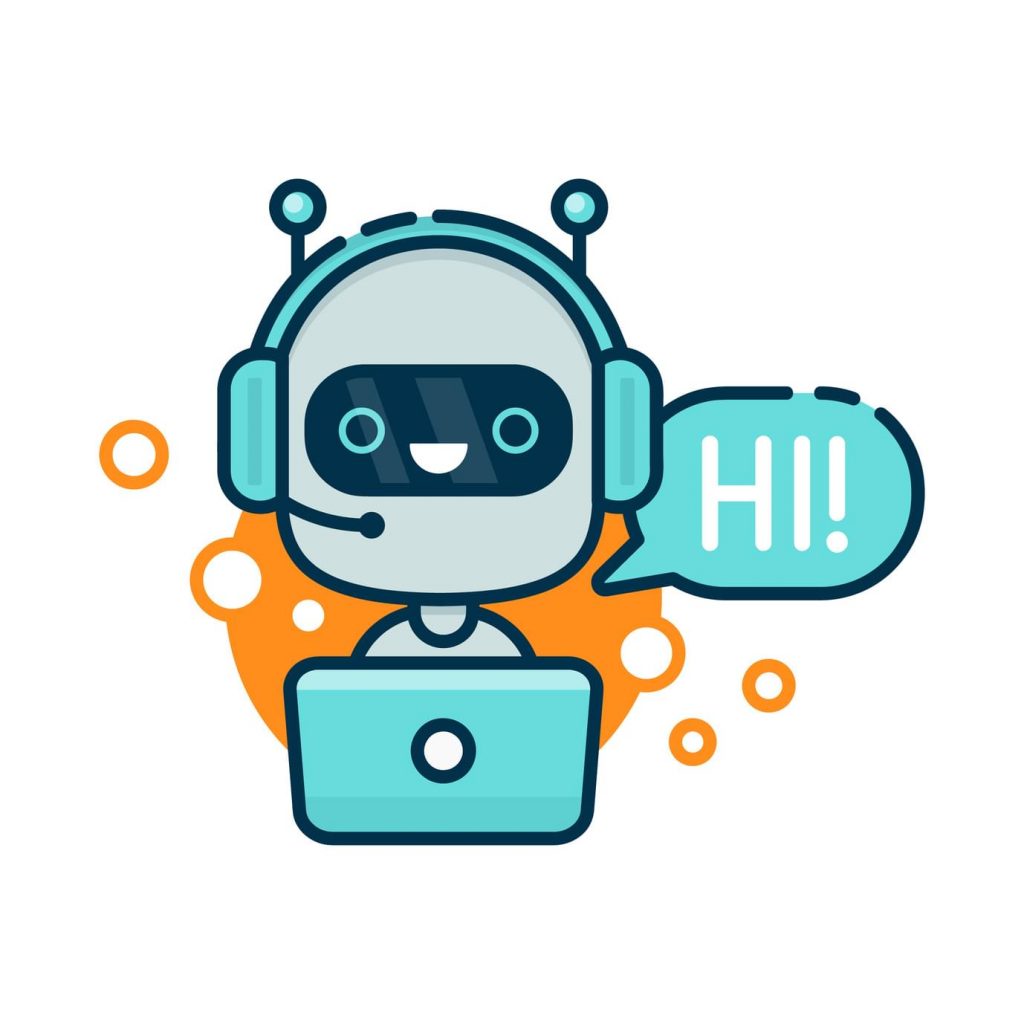
In the field of artificial intelligence there are intelligent robots with the capacity to carry out cleaning tasks. If this could be automated, it would be an imminent solution to eradicate hygiene problems in many types of businesses.
How close are we to being able to automate 100% of cleaning tasks with intelligent robots? Is it a distant dream?
When we talk about artificial intelligence, many people think of a distant future with flying cars and fancy clothes. However, artificial intelligence is already an everyday part of many of our lives. From when we search in our browser, to the code that runs social networks.
In this case we will talk about intelligent robots that are capable of vacuuming the floor, learning the layout of your business premises.
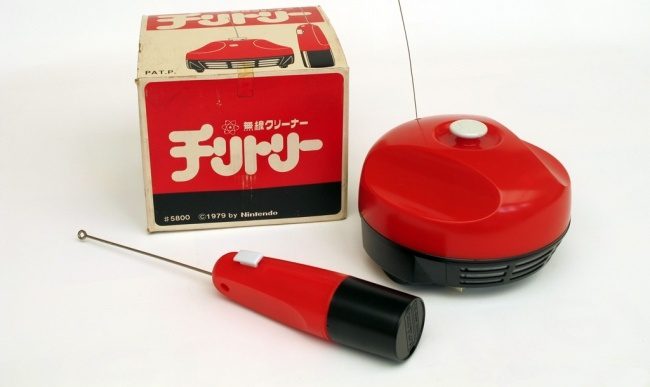
The idea of robot cleaning assistants has become popular in recent years, but it is an idea from 1978. Chiritorie was a device that “cleaned” by suction, this device hit everything in its path, it was very big, heavy and controlled by remote control. At that time there were not the technological advances necessary for such an idea to be viable.
Today’s Robots have anti-shock sensors that daily nourish the brain of this machine, making the machine memorize where it can and cannot go. Ultrasonic sensors help robots detect transparent elements. For the commercial sector, this could help to complement some tasks or clean very cold areas such as large refrigerators.
Pepper
Large companies are working on further developing this intelligence to make our lives easier. A breakthrough in this is “Pepper”, the first robot designed to live with humans.The dream of this breakthrough is that robots can help in cleaning tasks, take care of people and provide medical assistance. To achieve this idea will still need a few years.
In the wake of the recent global pandemic, cleaning has become a huge priority for anyone with a business. Many people turned to hiring a commercial cleaning services chicago, however, a few others chose to support the staff with robotic cleaners.
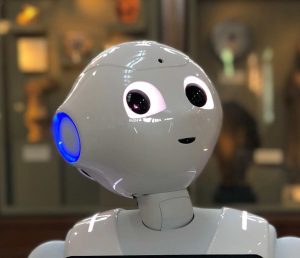
In a clear example we have data from Brain Corp, which in 2020 increased 300% the deployment of robotic cleaners. These robots generated 7.6 million hours of additional productivity. These numbers are brutal, but we consider that today you can’t just let the robot do all the work. You need supervisors.
Customer Experience
This is an interesting point, robots can help to improve the value of the brand, by presenting something unusual, you will immediately capture the attention of your customers. There can be negative points here, as these cleaning robots do not expect more obstacles than they have already studied, it will be very annoying to keep these robots running during working hours.
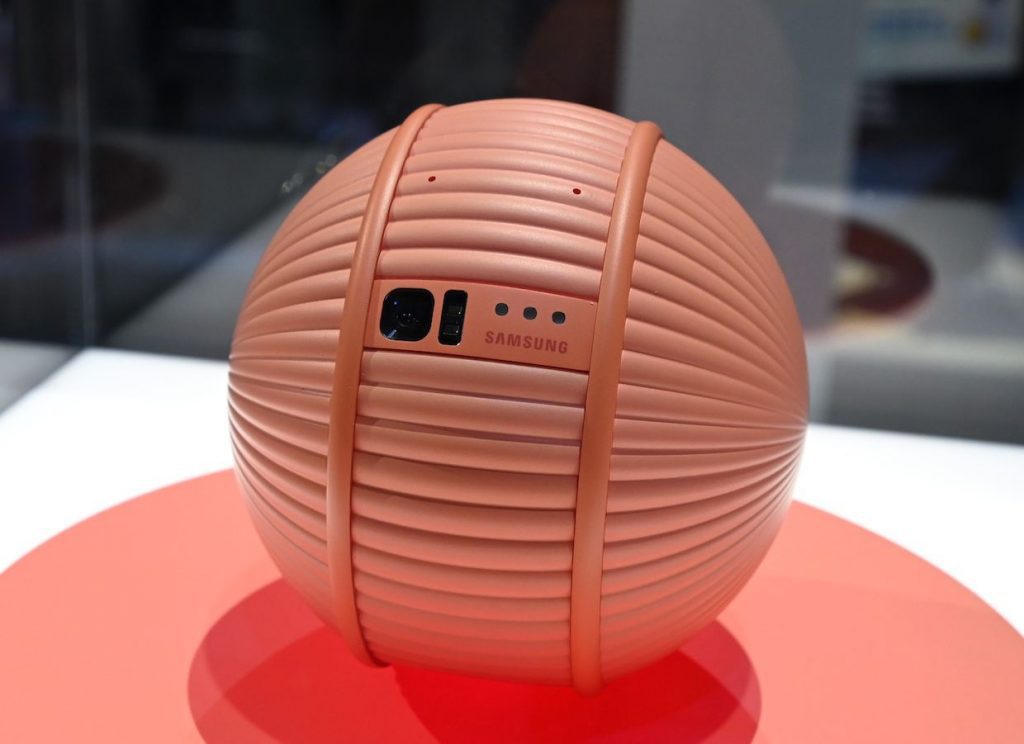
Cleaning robots are opening the door to robots with greater technological capabilities. One example is Samsung’s Robot Ballie.
It is essentially a ball-shaped assistant that will be able to move anywhere. Aspects related to energy efficiency, temperature regulation and video and photo capture. This robot is a great support for a chicago office cleaning service. Due to its high efficiency.
Is the future of cleaning automation?
There are still very few references on the impact of automation in cleaning. One of them is a study “Will Robots Take My Job?”, which tells us that cleaners face a high probability of 69% to be replaced by automation. For comparison, that of a cab driver is 89%.
This begs the question; is this the future of cleaning? Will there be no more cleaning done by people? Will everything be automated? It is impossible to know for sure what will happen. Most likely, as artificial intelligence improves, we will have greater access to technologies that can cover the cleaning of any establishment, but this process is decades away. In addition, it will be a long time before artificial intelligence can develop human-like perceptual and motor skills. Because the human brain is encoded in a highly evolved sensory way.
There are also other applications of Artificial Intelligence that help in a more human way to the cleaning sector for stores that aims to improve the welfare of the cleaners at physical and emotional level with tools that have new technologies. Such as AI to individually predict possible future ailments and muscle injuries. When researching AI and its incredible capabilities we realize that the human being is an incredible machine when viewed from any point of view. A cleaner uses 600 muscles in a single movement. Muscles optimize energy that robots will expend with much less efficiency.
Cobotics
A promising recent technology was “Cobotics“. Cobotics is a neologism formed from “collaborative” and “robotics”. A “cobot” is a robot designed to collaborate with humans. A cleaning cobot will be able to accompany cleaning professionals. Doing the more repetitive activities such as wiping surfaces, while workers can focus on tasks such as disinfection or deep cleaning to eradicate all viruses and bacteria.
These robotic workers could also handle hazardous tasks. It’s not about replacing human labor, because it’s simply impossible to person it, it’s about supporting staff with reliable pieces of advanced technology to deliver clean spaces in much less time and effort.
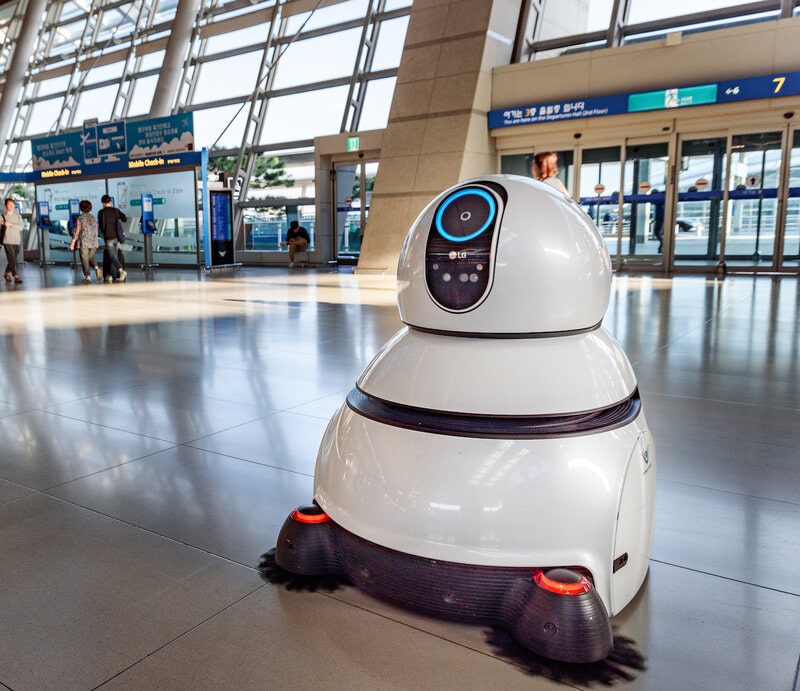
As for the price of these technologies, they are considered to be evolving at a rapid pace, as they will become more commercially viable in the coming years. Cobotics has a great positive cost-benefit ratio, as it increases productivity without affecting service.
Many people are in favor of small or large companies buying this technology, so that it can be fed quickly and can advance much faster, while others are against it because they fear that these technologies will replace human labor. Whichever position you take, there is no denying that cobotics is an example of how technology can help companies become more sustainable, productive and innovative.
Conclusion
The arrival of robots to make our lives easier is imminent, in the cleaning sector it is necessary to have new technological proposals to be able to meet the high standards required by hygiene. The concern that robots will replace human labor is acceptable, but let’s be honest, there is still a long way to go, and even so, we believe that human supervision will always be necessary, mainly because artificial intelligence will never be able to match the capabilities of human beings.
Artificial intelligence is a great tool that will greatly help the commercial sector. This tool is the future and we must be aware of its active potential and that it is developing at great speed. This is because robots do the heavy lifting, they don’t get sick, they don’t protest, they don’t eat and they don’t get tired.
At Quick Cleaning we are eagerly awaiting the advances of these technologies that have made it possible for different machines to reason and “think” to provide the best solution for commercial cleaning services in Chicago, and we hope that these technologies do not get out of hand and end up being just another problem for an invented solution.
We hope you found this information on how is artificial intelligence revolutionizing cleaning services interesting. We invite you to read our posts about cleaning information in commercial and residential services.
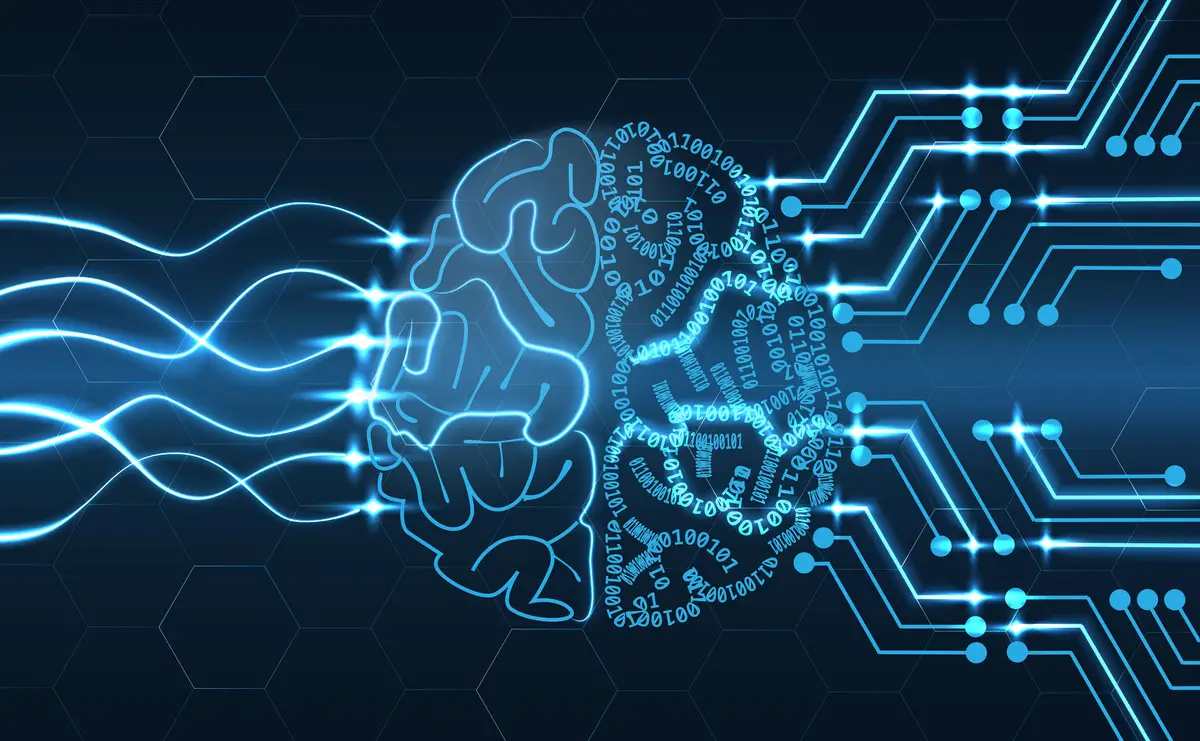
References:
- Knight, Will (2020) « These Robots Use AI To Learn How To Clean Your House ». Wired.
- September 16, (2019) « The Role Of Robotics And AI In Cleaning ». CleanMiddleEast.
- Srinath, Madhav (2017) « Artificially Intelligent Homes: The Robot Vacuum Cleaner ». Medium.
- June 14, (2022) « Autonomous Cleaning Robots Just Got Smarter ». Gausim.
- Mezil, Ahmed (2023) « Cleaner Homes, Smarter Technology: The Rise Of AI In House Cleaning Services ». Hellamaid.

